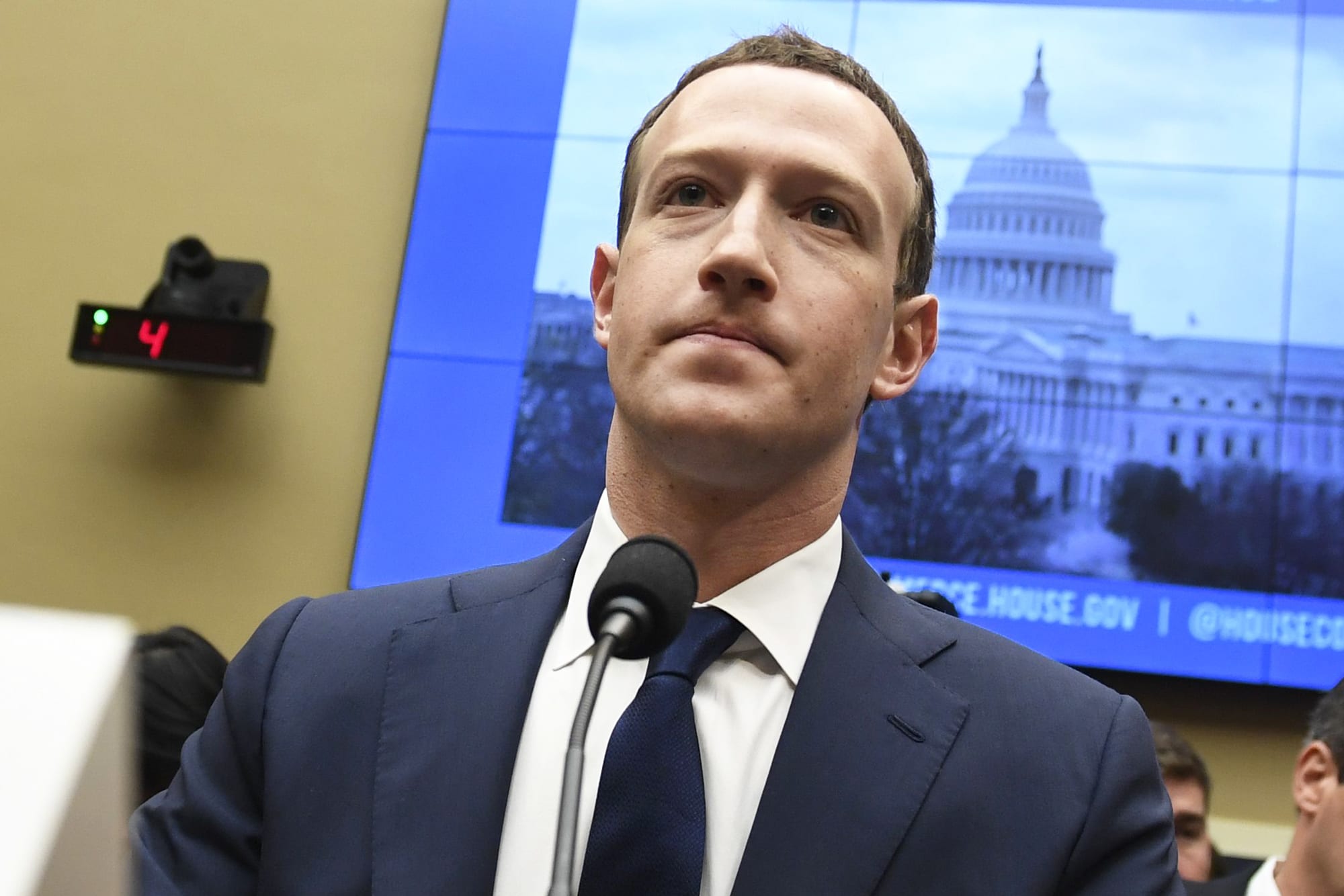SOCIAL MEDIA NEWS
State Google, Facebook probes ‘backstop’ for federal investigations
District of Columbia Attorney General Karl Racine (L) and Texas Attorney General Ken Paxton speak during the launch of an antitrust investigation into large tech companies, outside of the US Supreme Court in Washington, DC on September 9, 2019.
Mandel Ngan | AFP | Getty Images
Nearly all the country’s attorneys general are now putting their weight behind antitrust investigations of Big Tech. And while the state-led probes will turn up the heat on companies such as Google and Facebook, they will also likely add pressure to federal regulators who have launched their own investigations into the industry, according to antitrust experts.
A bipartisan group of attorneys general from 48 states, the District of Columbia and Puerto Rico announced Monday they would pool resources to probe Google’s advertising business. The announcement follows that of a smaller, overlapping group of attorneys general led by New York’s Letitia James that is investigating Facebook’s business practices.
The group investigating Google, which includes all the states except California and Alabama, stressed their independence from federal regulators, who are already asking their own questions of the company, Google previously disclosed.
“The state attorneys general, they are an independent bunch,” D.C. Attorney General Karl Racine, a Democrat, said Monday. “And they can be quite tenacious. So I’m very confident that this bipartisan group is going to be led by the facts and not be swayed by any conclusion that may fall short, if you will, if it’s inconsistent with our facts, on the federal side. So we’re going to do what we think is right based on our investigation.”
Racine’s comments, and the mobilization of such a large group of attorneys general, could indicate a level of dissatisfaction among top state legal officials when it comes to federal action against Big Tech.
Lately, federal regulatory action against Facebook and Google has had little impact on their core businesses or stock prices. The Federal Trade Commission recently slapped Google with a $170 million fine for allegedly violating a law protecting children online. The amount represented less than half of a single day’s revenue for its parent company, based on its second quarter 2019 earnings. And the FTC’s record $5 billion settlement with Facebook over its use of user data also resolved all claims against Facebook and its executives involving its previous agreement with the agency.
So for those waiting to see if the U.S. government will deal a more significant blow to Big Tech, the state AG investigations may be a welcome development. After all, states have played a noteworthy role in past cases, gaining significant concessions from tobacco companies and pressing Microsoft in a landmark antitrust case. In that case, attorneys general from 20 states and the District of Columbia joined the Justice Department in alleging Microsoft suppressed competition in the software market. In the end, however, the Justice Department decided to settle with the company, and several states vocally dissented against what they saw as a weak agreement.
Half a dozen antitrust experts interviewed for this article said state investigations can certainly add heat to the federal probes, but ultimately, their resources pale in comparison to those of the FTC and DOJ.
“The big picture here is that states can serve as a backstop if the federal government decides not to go after these companies,” Rutgers Law professor Michael Carrier said.
“You’re putting 30 generally small offices together and then they have to coordinate,” said Harry First, a professor at the New York University School of Law. “It’s good, but it’s not quite the same as the extent of the staffs on the federal level.”
Considering both Google and Facebook are large global companies, “it’s a heavy lift,” First said.
Pushing the agenda
As elected officials, state attorneys general could be more motivated to seek remedies from the tech companies than federal regulators, several experts said.
“I think they see their role as being closer to their constituents and having an obligation to represent their constituents,” said Susan Beth Farmer, a professor at Penn State Law.
Douglas Gansler, a partner at Cadwalader and former attorney general of Maryland, said the new state-led probes of Google and Facebook seem to culminate a shift from previous antitrust pursuits. Historically, the Justice Department has led the way while state attorneys general “were lurking in the shadows,” and following the DOJ’s lead, he said.
“In recent years, the Democratic state attorneys general in particular have stuck their necks out a little bit more and have gone after it more independently,” he said, referring to antitrust investigations.
Earlier this year, for example, a group of state attorneys general sought to block a merger between T-Mobile and Sprint on anti-competitive grounds. The merger was later approved by the Justice Department while the case was ongoing.
It can seem like “the AGs are really pushing the agenda,” said Joel Mitnick, a partner at Cadwalader leading the firm’s antitrust group.
While state antitrust laws tend to be similar to federal rules, states also have the power to wage their own civil fines and seek damages for their constituents. A breakup or spin-off would represent a much more fundamental change of the businesses than a one-time fine or creation of an oversight board.
But antitrust scholars are skeptical that’s going to happen.
“If people are expecting antitrust law to break up the platforms or fundamentally change the way they do business … my bet is they’re going to be very disappointed,” said Doug Melamed, a professor at Stanford Law School.
If states sign on to a federal case against a tech company, “I think that it would show that there is a lot of momentum behind the challenge to the tech companies,” Carrier said. “But at the end of the day, it’s still up to a court to apply antitrust law. So if the court thinks it’s not an antitrust case, it doesn’t matter if the states have signed on.”
Subscribe to CNBC on YouTube.













